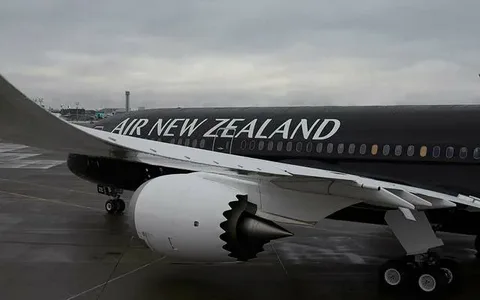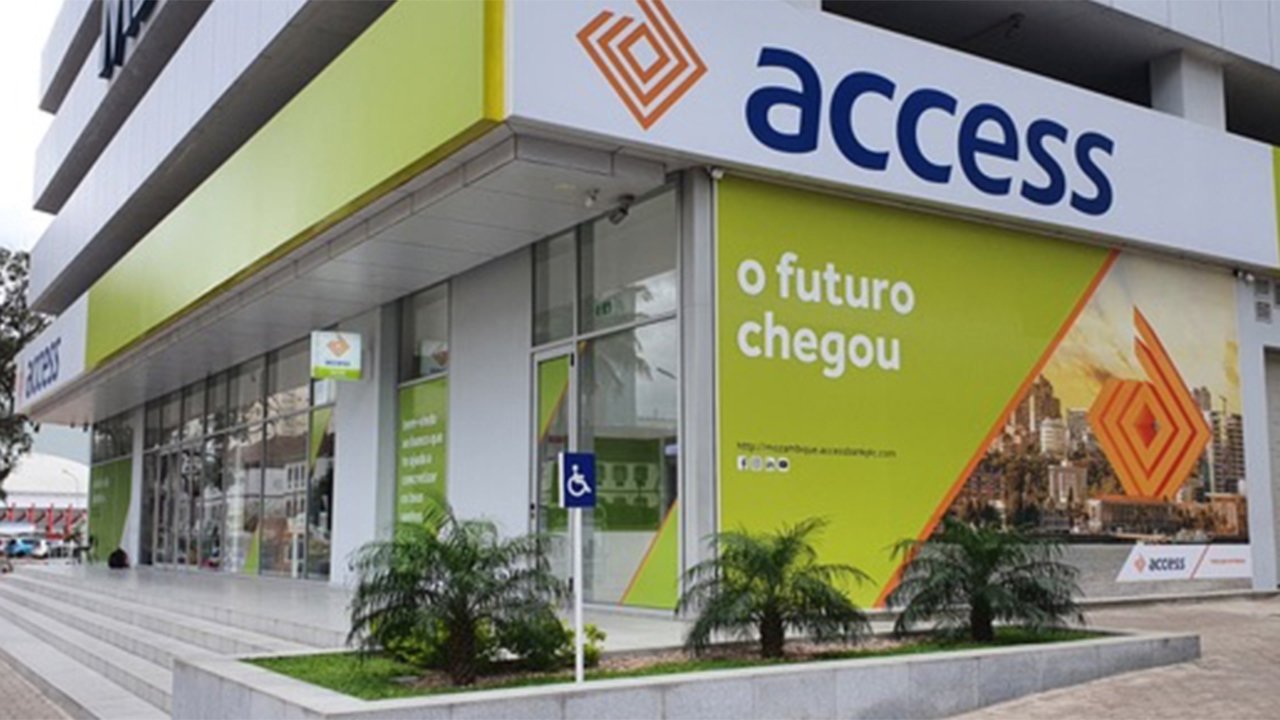Aviation Career Surge: Air New Zealand 2025 Recruitment Drive — Engineering Graduates, Cabin Crew & Senior Tech Roles
Introduction
If you’ve ever dreamed of working in aviation — whether you’re a fresh engineering graduate, someone drawn to the skies as cabin crew, or a seasoned technologist aiming for senior roles — there’s good reason to keep your eyes on Air New Zealand in 2025. The airline is actively investing in talent across multiple areas, and their early-careers programs and open roles show a clear commitment to building for the future.
In this post, we’ll explore the current landscape of recruitment at Air NZ: where they’re hiring, what kinds of graduate or early-career pathways are available, and how you might position yourself to take advantage of them. We’ll break it down by role (engineering, cabin crew, senior tech), compare the opportunities, and draw out some insights and guidance for prospective applicants.
Engineering Graduates: Launching Your Aviation Engineering Career
The Engineering Graduate Programme
One of the core pillars of Air NZ’s early-career talent efforts is their Engineering Graduate Programme. According to their careers page, the programme is designed for university students or recent graduates, especially in mechanical, electronics, or mechatronics engineering. (Air New Zealand)
Here’s what makes this programme attractive:
- Rotational Experience: Over the first two years, graduates rotate through various placements — fleet technical, maintenance, design, compliance — helping you build a broad understanding of aviation engineering. (Air New Zealand)
- Mentorship and Support: Graduates are supported by more senior engineers, giving you both technical guidance and professional growth. (Air New Zealand)
- Permanent Role: At the end of the programme, you’re not just on a fixed-term contract — high-performers often transition into permanent roles on Air NZ’s engineering team. (Air New Zealand)
- Internship Pathway: They also run a summer internship (4-months) for students to get practical exposure, working alongside senior engineers. (Air New Zealand)
Details at a Glance
| Component | Details |
|---|---|
| Duration | ~2 years (graduate programme) (Air New Zealand) |
| Degree Requirements | Bachelor’s in Mechanical / Electronics / Mechatronics Engineering (Air New Zealand) |
| Internship Option | 4-month summer internship for undergrads (Air New Zealand) |
| Location | Primarily Auckland (and possibly other engineering hubs) (Air New Zealand) |
Engineering Intern Programme (2025)
Air New Zealand is also running a 2025 Engineering Intern Programme in its Engineering & Continuing Airworthiness teams. (Air New Zealand) Key details:
- Duration: Late November 2025 – Late February 2026. (Air New Zealand)
- Locations: Intern roles based in Auckland and Christchurch. (Prosple New Zealand)
- Eligibility: Undergraduates in their second-last year of a Bachelor of Engineering (Mechanical or Mechatronics), with strong analytical, communication, and problem-solving skills. (Air New Zealand)
- Benefits: Paid internships, mentorship from experienced aviation engineers, exposure to real-world multidisciplinary engineering tasks. (Prosple New Zealand)
This internship is a strong foot in the door — especially if you aim to join the full graduate programme afterward.
Digital & Senior Tech Roles: Flying High in the Cloud
Beyond traditional aviation engineering, Air New Zealand is aggressively pushing its digital transformation. Their ELEVATE Digital Graduate Programme is a key component.
ELEVATE Digital Graduate Programme
- Length & Nature: An 18-month program for digital graduates, offering full-time, permanent positions upon successful completion. (Air New Zealand)
- Customised Tracks: You can choose your path — whether front-end web, mobile, microservices, test automation, or infrastructure. (Air New Zealand)
- Mentorship & Support: You’ll be paired with a buddy, a graduate coordinator, and senior leaders — a strong ecosystem to guide your growth. (Air New Zealand)
- Start Date: The February 2026 intake was open for application until August 17, 2025. (Air New Zealand)
Specialized Roles Within Digital
Some of the specific graduate roles in tech include:
- Software Engineering — working on Java microservices, front-end, mobile, test automation. (Air New Zealand)
- Analytics & AI — roles focused on data engineering, predictive models, and advanced analytics. (SmartRecruiters)
- DevOps / Site Reliability Engineering — as the airline scales its cloud footprint. (Prosple New Zealand)
Senior Technical Positions
For more experienced professionals, there are senior tech roles at Air NZ too, notably in cloud and platform engineering.
- Example: Senior Cloud Platform Engineer — involving Google Cloud Platform (GCP), infrastructure-as-code, DevOps, and platform governance. (Air New Zealand)
- Required Experience: Typically 5+ years in cloud engineering, DevOps or SRE, and proven experience with GCP (or similar). (SmartRecruiters)
These roles show that Air NZ is not just hiring fresh graduates — they are also expanding their strategic tech teams, indicating long-term digital growth.
Cabin Crew: Culture, Service & Career
While Air New Zealand’s most visible graduate programmes are in engineering and digital, cabin crew opportunities remain a strategic part of their workforce planning.
Expressions of Interest & Cabin Crew Recruiting
- Air NZ sometimes uses Expressions of Interest (EOI) for Jet Flight Attendant roles, especially for their Airbus (jet) fleet. (Air New Zealand)
- For example, there was an EOI for crew roles based in Auckland, Wellington, and Christchurch for the 2026 intake. (LinkedIn)
- The process typically involves:
- Submitting an application online. (Air New Zealand)
- Being placed in a talent pool while training courses become available. (Air New Zealand)
- Upon selection, formal training for cabin crew begins. (Air New Zealand)
Although there wasn’t a clearly advertised “2025 cabin crew graduate programme,” the ongoing EOI and recruitment cycle suggests that Air New Zealand is maintaining a pipeline for new cabin crew talent.
Culture & Training
Air NZ’s cabin crew training is more than just safety drills. Their training emphasizes cultural understanding and identity as part of the onboarding experience. For instance, a program called Te Ara Nui allows new cabin crew recruits to graduate in a Māori cultural context, building insight into the airline’s values and New Zealand heritage. (diversityworksnz.org.nz)
This deeply ingrained cultural component makes the cabin crew role at Air NZ particularly unique — you’re not just delivering service, you’re also becoming part of the airline’s story.
Comparing the 2025 Recruitment Pathways
Here’s a side-by-side look at what’s available and what each path offers — a kind of “2025 drive map” so you can compare and choose more strategically.
| Career Path | Program / Role | Duration / Type | Key Benefits | Notes / Considerations |
|---|---|---|---|---|
| Engineering Graduates | Engineering Graduate Programme | ~2 years | Rotations, mentorship, permanent placement | Requires relevant engineering degree; competitive |
| Engineering Interns | Summer Engineering Internship | ~4 months | Real-world project experience, paid, mentorship | For current undergraduates; internship-in → graduate-in possible |
| Digital Graduates | ELEVATE Digital Graduate Programme | 18 months | Custom tracks (software, DevOps, analytics), permanent role | Good for tech-savvy new grads |
| Senior Tech | Senior Cloud Platform Engineer | Permanent | Strategic role, cloud leadership, high-impact | Requires 5+ years’ experience; not a “graduate” role |
| Cabin Crew | Flight Attendant EOI / Training | Full-time (post-training) | Cultural immersion, team environment, dynamic role | EOI may lead to training pool; not always open |
Key Insights & Strategic Guidance
Based on the current Air New Zealand recruitment landscape, here are some insights and practical advice if you’re planning to apply in 2025.
- Start Early — and Stay Updated
Many graduate and internship roles open months before the start date. For example, engineering roles for 2026 were already being advertised in 2025. (Air New Zealand) Keep a close eye on the Air NZ Early Careers page. (Air New Zealand) - Build Relevant Experience
- For engineering grads: internships, university projects, or extracurricular engineering clubs all help.
- For digital roles: side projects, GitHub repos, or tech bootcamps can make you stand out.
- For cabin crew: customer service experience, language skills, and a good understanding of aviation culture help.
- Understand the Application Process
The hiring process often involves multiple stages: application, screening, assessment centers, and interviews. For the engineering programme, candidates go through psychometric testing and rotational assessments. (Air New Zealand) - Embrace the Culture
Air NZ values not just technical skill, but also cultural fit and its identity as a New Zealand airline. For cabin crew in particular, the Te Ara Nui graduation is a strong sign of this. (diversityworksnz.org.nz) - Be Open to Relocation
Many roles (especially engineering or technician roles) are based in Auckland or Christchurch. If you’re applying from another city — or another country — consider the relocation implications. For some maintenance roles, Air NZ offers immigration support. (Air New Zealand) - Network and Engage
Attend open days, virtual career fairs, and recruitment events. These offer insight into the company culture and helpful face time with recruiters.
Challenges & Realities to Consider
While the future looks promising, the 2025 recruitment landscape isn’t without its challenges:
- Competition Is Tough: Graduate programmes are always competitive. Many applicants will have strong academic records and extracurriculars.
- Limited Cabin Crew Openings: Unlike fixed graduate programmes, cabin crew roles may be less predictable in terms of batch intakes. EOI doesn’t guarantee immediate training.
- Visa / Work Authorization: For non-New Zealanders, securing work authorization may be a hurdle — especially for roles that require trade qualifications (like aircraft maintenance engineers).
- Senior Roles Demand Experience: If you’re eyeing senior tech roles like the Cloud Platform Engineer, expect the bar to be high: 5+ years of relevant cloud experience, leadership, and deep technical knowledge.
Conclusion
The idea of a “2025 recruitment surge” at Air New Zealand might not be a single packaged event, but when you look at it more holistically, the airline is unquestionably building for the future — across engineering, digital tech, and cabin crew. Opportunities are real, diverse, and structured to support both entry-level talent and experienced professionals.
If you’re someone who:
- Just graduated (or about to) with an engineering or computer science degree,
- Is passionate about aviation,
- Wants a career that brings both technical challenge and meaningful impact —
… then Air NZ’s 2025 pipeline is something you should be actively exploring.
Next Steps: Visit the [Air New Zealand Early Careers page] to monitor open roles, mark your calendar for application deadlines, and tailor your CV / cover letter for the specific stream you want to join. With preparation, persistence, and passion, you might well be part of the airline’s next wave of innovation and service.


